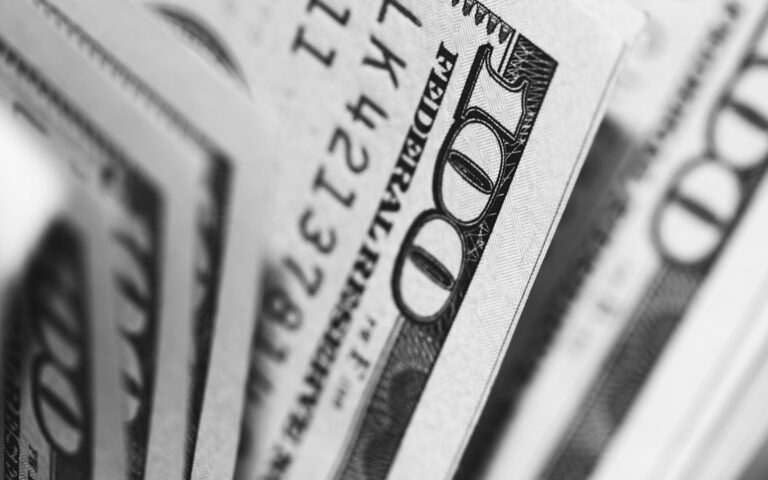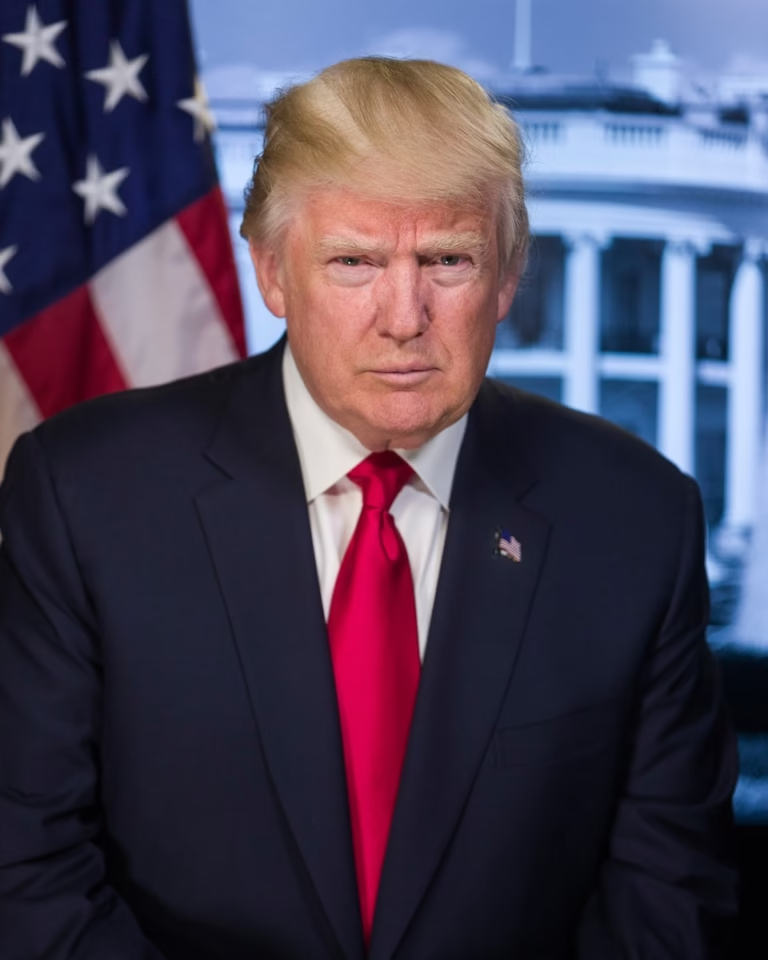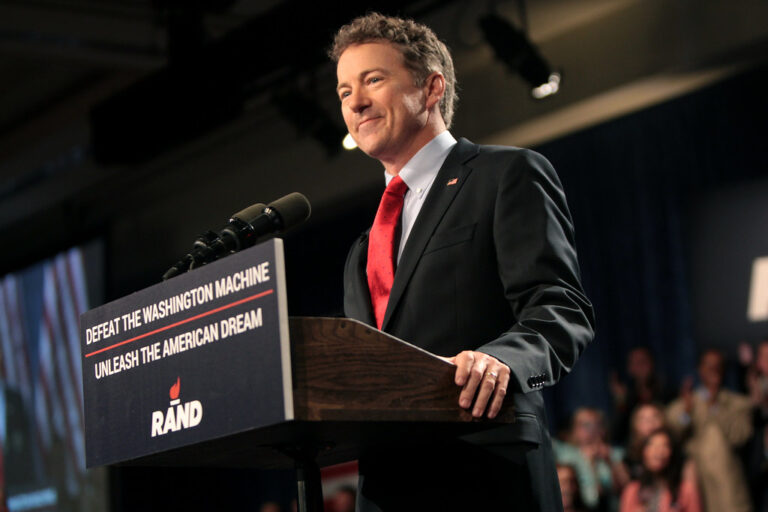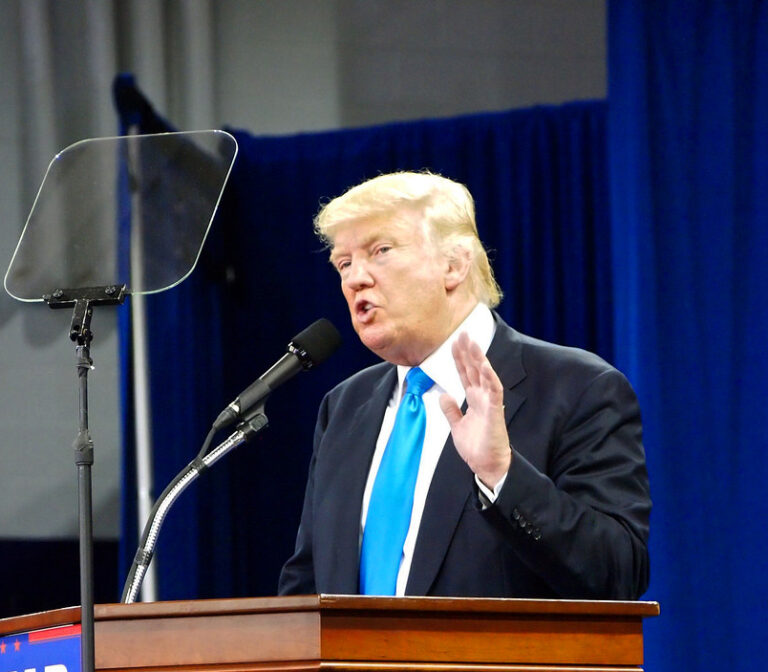Key Takeaways
• Former Justice Anthony Kennedy’s memoir tries to reshape his image.
• Two analysts say his biggest decision fueled today’s money-fueled politics.
• The Citizens United ruling is central to the Kennedy legacy debate.
• Critics argue Kennedy belatedly worries about threats he helped create.
• The new book “Master Plan” dives into how that decision changed elections.
Kennedy Legacy Under the Microscope
Anthony Kennedy once stood as a moderate voice on the Supreme Court. Now his new memoir sparks fresh debate. He warns democracy faces real danger. Yet two analysts argue he helped cause that very threat. David Sirota and Jared Jacang Maher wrote about this in their upcoming book. They believe Kennedy’s timing comes too late to save his reputation. Moreover, they claim his most famous ruling flipped elections into auctions for the rich.
Background on the Memoir
Kennedy’s book reflects on his life, law, and liberty. It shares memories of tough cases and close decisions. He expresses concern that democracy might crumble. However, critics say his own rulings paved the way. In particular, Citizens United v. FEC turned political speech into a cash game. Therefore, Kennedy’s warnings ring hollow to many observers.
How the Kennedy Legacy Shaped Politics
In 2010, the Court ruled that corporations can spend unlimited money on elections. Kennedy wrote the opinion. He argued that corporate speech matters as much as individual speech. He claimed such spending won’t corrupt or seem corrupt. But opponents say this opened floodgates for super PACs and dark money. Consequently, wealthy donors gained outsized influence in campaigns. As a result, ordinary voters often feel drowned out.
What Citizens United Did
The Citizens United case centered on a documentary critical of a sitting president. The Court struck down limits on independent corporate spending. Since then, political ads have soared in cost and volume. Furthermore, groups hiding donor names sprang up everywhere. Millions pour into races with no transparency. Thus, elections now depend heavily on who can buy the most airtime.
Why Critics Say the Memoir Came Too Late
Analysts Sirota and Jacang Maher argue Kennedy waited too long to express regret. They note he never warned about dark money during oral arguments or drafting. It was only years later, in a memoir excerpt, that he voiced alarm. By then, billions had already flowed into politics unchecked. In addition, Kennedy frames himself as a cautious centrist. Yet his Citizens United vote marks a radical departure from tradition. Therefore, the Kennedy legacy feels split between moderation and a daring free-speech vision tied to cash.
The Anatomy of a Legacy
A justice’s legacy often rests on landmark opinions. For Kennedy, Citizens United overshadows his many moderate votes on social issues. While some praise his stance on individual rights, others condemn his money-in-politics decision. Critics claim that one ruling unleashed a campaign finance crisis. They see it as the capstone of a long effort by wealthy interests to shape laws. In fact, they call it a blueprint for legal corruption.
Reactions to the New Book
Master Plan, the upcoming book by Sirota and Jacang Maher, digs into memos and court debates. It paints a picture of behind-the-scenes maneuvering. According to the authors, some justices saw these changes as technical tweaks. Yet they failed to grasp the broader impact. The book argues that a radical vision of free speech met the full force of corporate cash.
Looking Ahead: Can Kennedy’s Warnings Matter Now?
Even as Kennedy worries about democracy’s future, practical fixes remain unclear. Some propose new campaign finance laws. Others suggest stricter disclosure rules for political spending. Still, without revisiting Citizens United, many efforts fall short. Meanwhile, Kennedy’s legacy remains tangled in the very crisis he now decries. His memoir may spark debate, but it cannot undo what has already happened.
Final Thoughts on the Kennedy Legacy
Anthony Kennedy shaped modern law in many ways. Yet his decision on corporate spending continues to define his impact. Today, elections look more like auctions than public dialogues. While Kennedy’s memoir tries to frame his work as balanced, critics disagree. They argue he helped birth a system where money talks louder than voters. Ultimately, his legacy will rest on whether democracy adapts or succumbs to that power.
Frequently Asked Questions
How did the Citizens United decision change elections?
The ruling allowed unlimited corporate and union spending on political messages. This led to a surge in outside ads and super PACs. As a result, wealthy backers gained more sway over candidates and issues.
Why do critics say the Kennedy memoir is too little, too late?
They argue Kennedy never warned about his ruling’s risks during court debates. His voice of caution only emerged years later in a memoir. By then, dark money had already reshaped campaigns.
What alternatives exist to counteract Citizens United?
Proposals include stricter spending caps, mandatory donor disclosure, and public campaign financing. Some call for a constitutional amendment to clarify that money is not speech.
Will Kennedy’s memoir change public opinion on his legacy?
The book may sway some who see his career in a new light. However, for those focused on money in politics, his most famous opinion remains central to his legacy.










